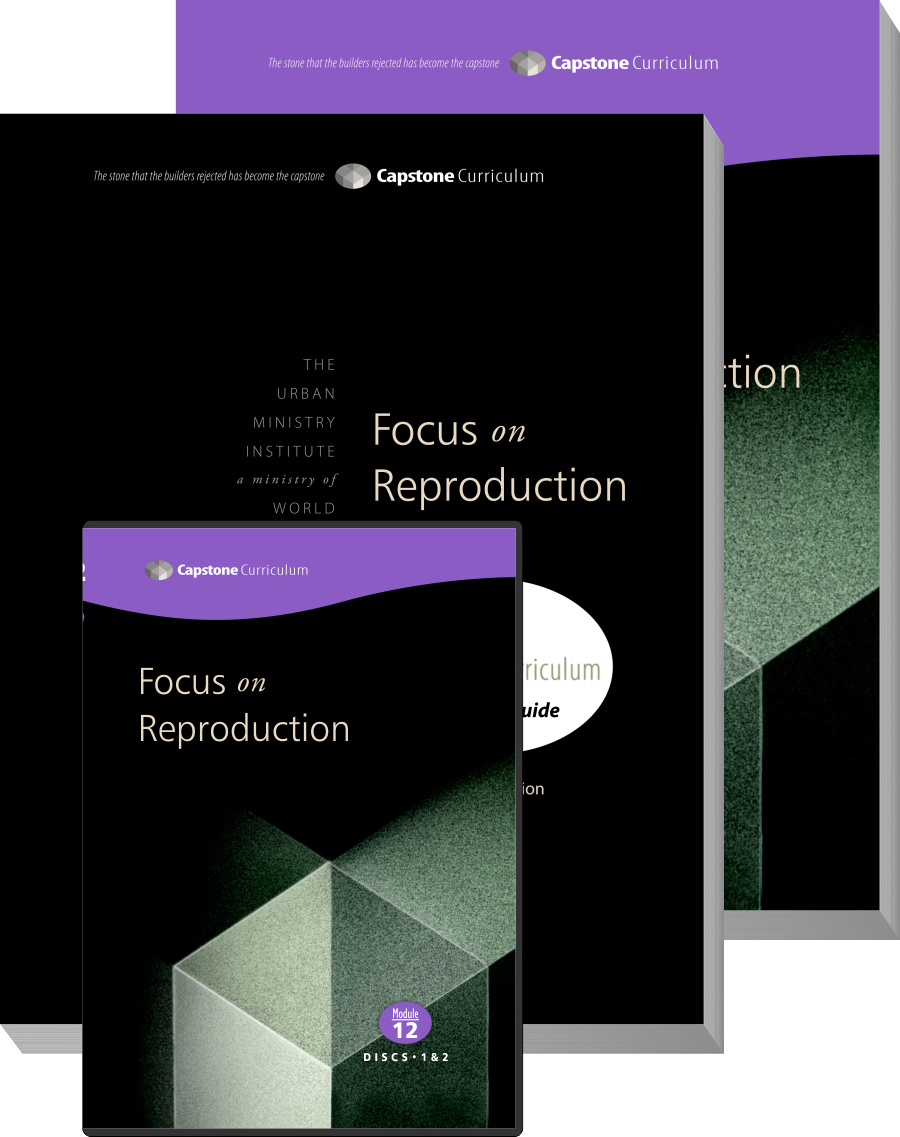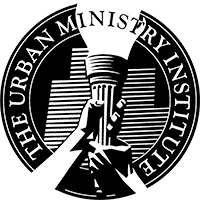 Module 12: Focus on Reproduction
Module 12: Focus on Reproduction
As 21st century disciples of Jesus in the cities of America, we desire to be fruitful in the work of God–ministering to the lost, and advancing the Kingdom of Christ (John 15.8,16). God has commanded that we bear abundant lasting fruit in our generation, taking the Good News of Christ’s love to the very ends of the earth. The mandate is valid till the return of Christ; we are called to evangelize the lost, equip the redeemed, and empower new generations to become salt and light in the communities where they live and work.
In this module we explore the vision of evangelism, discipleship, and church planting in the city. Here we affirm the lordship of Jesus Christ, who as risen Lord and God’s anointed Messiah, has been exalted to the position of head over all things to the Church and as Lord of the harvest. As Lord, he calls us to penetrate our oikos (household networks) in urban, cross-cultural evangelism. Through testifying the Gospel in our webs of common kinship relationships, friendships, and associations we can spread win others in urban America. This course also considers the idea of equipping new believers through the idea of follow-up, or incorporating new disciples into the Church. Arguing that the Church is God’s means of bringing new Christians to maturity, it discusses follow-up and discipleship as the way to ground Christians in the faith. Finally, we will explore the importance of church planting, and the critical role of training leaders to empower them for multiplication. This module concludes with a solid blueprint of a godly urban church which can be God’s agent of change and freedom in its community, in Jesus’ name.
Course Details
Lesson 1: Church Growth
Lesson 2: Planting Urban Churches: Sowing
Lesson 3: Planting Urban Churches: Tending
Lesson 4: Planting Urban Churches: Reaping
Module Description
Focus on Reproduction
As 21st-century disciples of Jesus in the cities of America, we desire to be fruitful in the work of God–ministering to the lost, and advancing the Kingdom of Christ (John 15.8,16). In module 12, Focus on Reproduction, we concentrate our attention on the need to evangelize, equip, and empower the lost in order that they might become salt and light in the communities where they live and work.
In our first lesson, Church Growth: Reproducing in Number and Quality, we affirm the single most critical concept in understanding mission in the city: the lordship of Jesus Christ. As risen Lord and God’s Anointed Messiah, Jesus has been exalted to the position of head over all things to the Church and Lord of the harvest. In this lesson we survey his call to make disciples of all nations, to Evangelize, as well as to affirm that radical discipleship is proven in Christian community. Jesus has called us to evangelize the lost, equip new disciples to live the Christian life, and to empower his Church to reproduce itself, all for the glory of God.
Next, in our second lesson, Planting Urban Churches: Sowing we introduce the important concept of oikos in urban evangelism. Here we show how an oikos is that web of common kinship relationships, friendships, and associations that make up a person’s larger social circle. Beginning with an outline of oikos in the NT, we then explore the meaning of this critical idea for urban cross-cultural evangelism.
In lesson three we further outline the second main phase of church planting, Equipping, through the idea of follow-up, or incorporating new disciples into the Church. Arguing that the Church is God’s means of bringing new Christians to maturity, we provide key elements and tips in the practice of following up new believers in Christ. In this lesson we will also look closely at the practice of discipling growing believers. Examining the role of the discipler as model, mentor, and friend, we will offer practical advice in how to help new Christians grow to maturity.
Finally, in lesson four, we will consider our role in helping new churches progress toward independence through Empowerment and the final phase of urban church planting: transition. We will define the purpose, plan, and perspectives related to empowering through four biblical aspects of godly urban church leadership. Without a doubt, godly, servant leadership is critical to ensure a dynamic growing church in the city. We conclude our module study with a blueprint of a godly urban church, those characteristics that represent a healthy, reproducing church in the city that is an agent of change and freedom in its community, in Jesus’ name. My sincere prayer is that God will grant you grace to understand his will for reproducing fruit and making disciples of the Kingdom in the city. May his Spirit grant you the power and desire to make disciples where you live, and so multiply his Church, to the glory of his great name!
Reading Assignments
Lesson 1: Reading Assignments
By the conclusion of this lesson, you should have read the following:
Shenk and Stutzman, Creating Communities of the Kingdom: New Testament Models of Church Planting, pp. 9-89
Mull, A Biblical Church Planting Manual: From the Book of Acts, pp. 7-25.
Phillips, Out of Ashes, pp. 4-69.
Lesson 2: Reading Assignments
By the conclusion of this lesson, you should have read the following:
Shenk and Stutzman, Creating Communities of the Kingdom: New Testament Models of Church Planting, pp. 90-147
Mull, A Biblical Church Planting Manual: From the Book of Acts, pp. 26-49.
Phillips, Out of Ashes, pp. 70-138.
Also, read the following articles which are located in the Appendix of your student workbook:
Decker, Frank. When “Christian” Does Not Translate
Kraft, Charles. Pursuing Faith, Not Religion: The Liberating Quest for Contextualization
Lewis, Rebecca. Missions in the 21st Century: Working with Social Entrepreneurs?
McGavran, Donald. A People Reborn: Foundational Insights on People Movements
Travis, John and Anna. Contextualization Among Hindus, Muslims, and Buddhists: A Focus on “Insider Movements.”
Winter, Ralph D. Editorial
All articles are taken from Mission Frontiers: The Bulletin of the US Center for World Mission, Vol. 27, No. 5; September-October 2005; ISSN 0889-9436. Copyright 2005 by the U.S. Center for World Missions. Used by Permission. All Rights Reserved
Lesson 3: Reading Assignments
By the conclusion of this lesson, you should have read the following:
Shenk and Stutzman, Creating Communities of the Kingdom: New Testament Models of Church Planting, pp. 148-218
Mull, A Biblical Church Planting Manual: From the Book of Acts, pp. 50-69.
Phillips, Out of Ashes, pp. 139-195.
